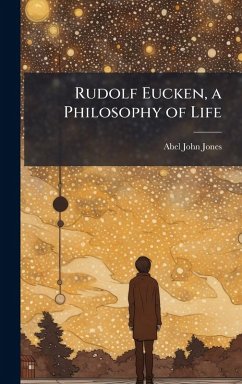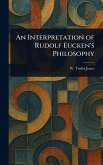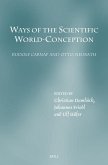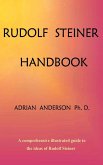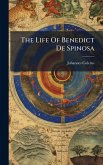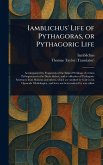Rudolf Eucken, a Philosophy of Life explores the life and philosophical contributions of Rudolf Christoph Eucken (1846-1926), a German philosopher who won the Nobel Prize for Literature in 1908. This biography examines Eucken's development of a unique brand of idealistic activism, focusing on the spiritual and ethical dimensions of human experience. Abel John Jones delves into Eucken's key works and ideas, presenting him as a significant figure in the late 19th and early 20th-century philosophical landscape. The book offers insights into Eucken's attempts to reconcile philosophy with the practical concerns of life, emphasizing his vision of spiritual renewal and his engagement with contemporary intellectual debates. Readers interested in the history of philosophy, particularly German idealism and the philosophy of life, will find this a valuable resource. This work sheds light on Eucken's lasting impact and enduring relevance to contemporary philosophical discussions. This work has been selected by scholars as being culturally important, and is part of the knowledge base of civilization as we know it. This work was reproduced from the original artifact, and remains as true to the original work as possible. Therefore, you will see the original copyright references, library stamps (as most of these works have been housed in our most important libraries around the world), and other notations in the work. This work is in the public domain in the United States of America, and possibly other nations. Within the United States, you may freely copy and distribute this work, as no entity (individual or corporate) has a copyright on the body of the work. As a reproduction of a historical artifact, this work may contain missing or blurred pages, poor pictures, errant marks, etc. Scholars believe, and we concur, that this work is important enough to be preserved, reproduced, and made generally available to the public. We appreciate your support of the preservation process, and thank you for being an important part of keeping this knowledge alive and relevant.
Bitte wählen Sie Ihr Anliegen aus.
Rechnungen
Retourenschein anfordern
Bestellstatus
Storno

